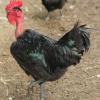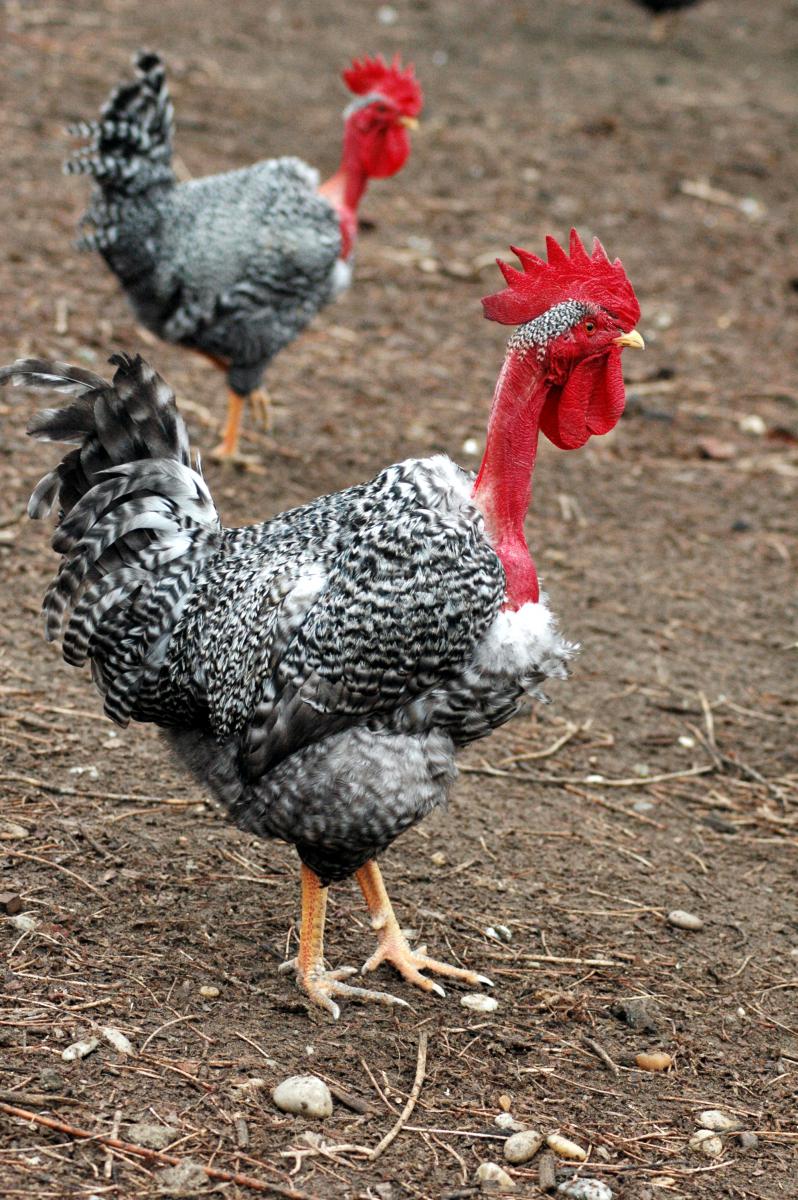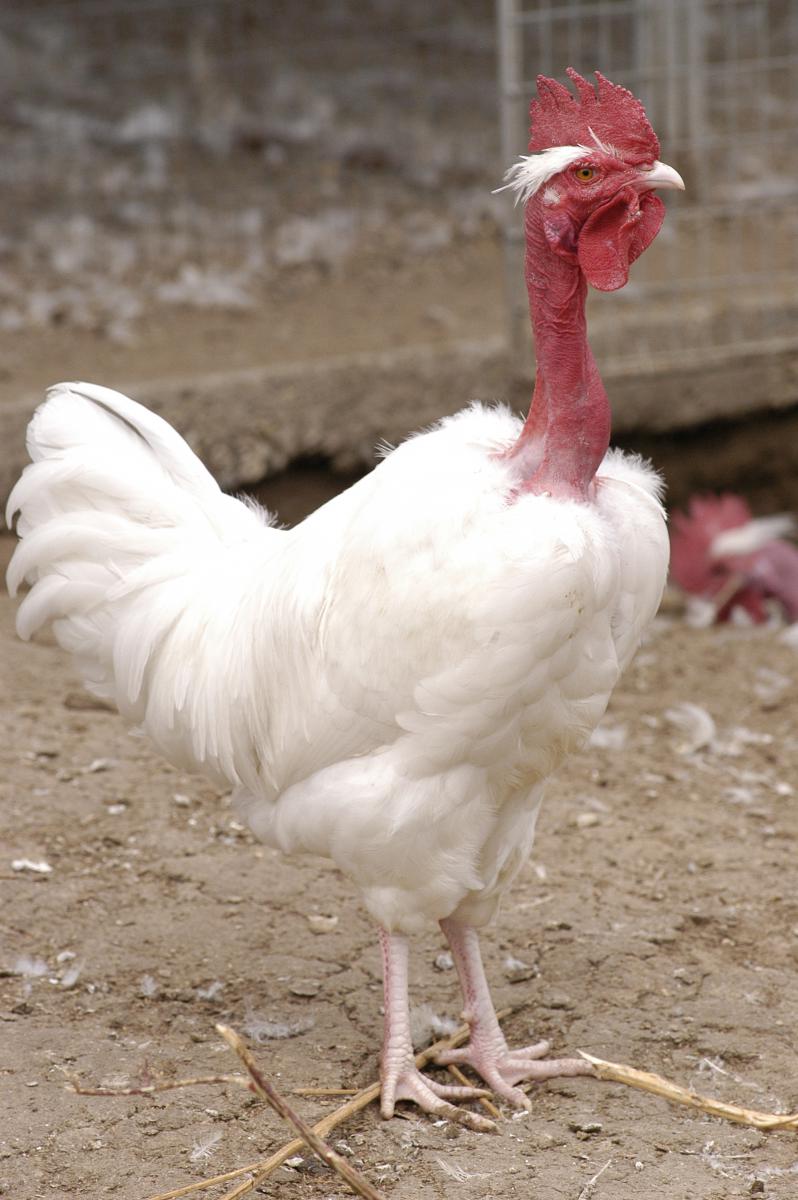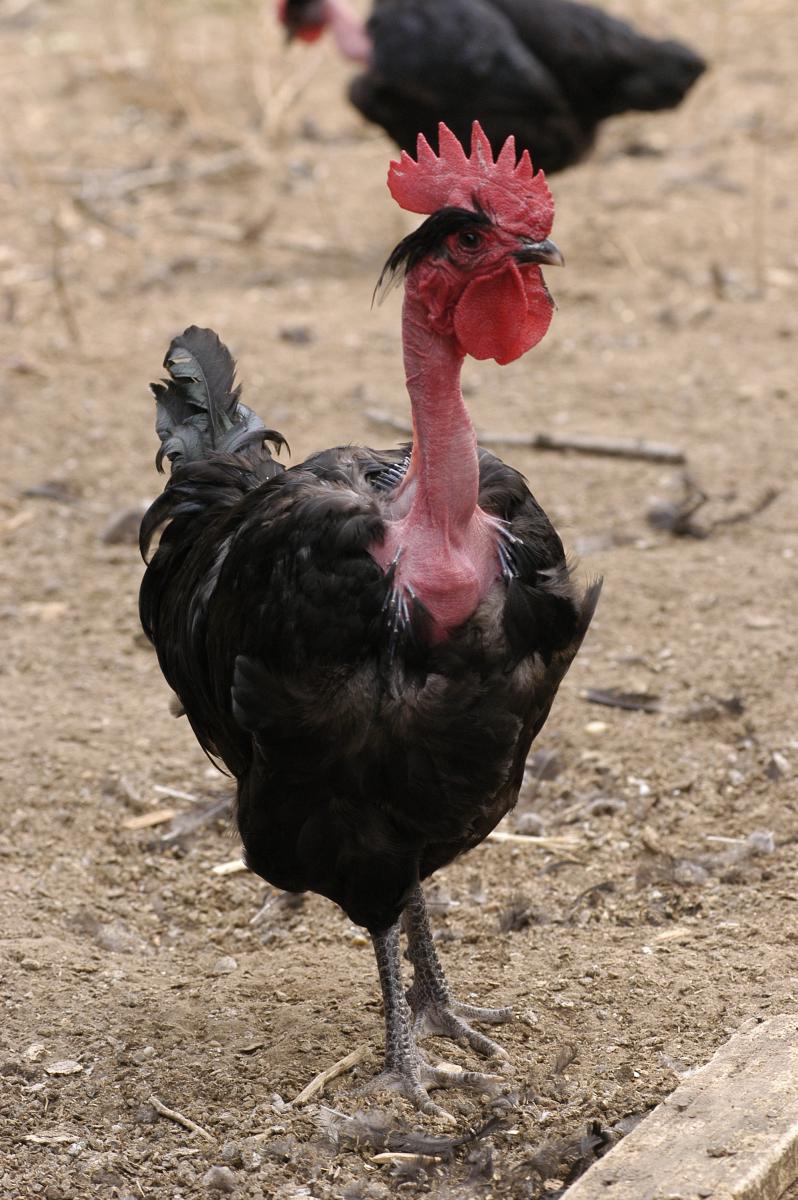
During the past hundred years of its history the Centre for Farm Animal Gene Conservation has always played a significant role in the gene conservation, research, breeding, education, consultation and extension activities connected to Hungarian small animal breeding.
Awarded support: 336.082.002 HUF
Consortium partner: Corvinus University of Budapest
Participants from part of Centre for Farm Animal Gene Conservation: Eszter Patakiné Dr. Várkonyi, Dr. Krisztina Liptói, Dr. Judit Barna, Dr. András Hidas, Dr. Nóra Bodzsár, Éva Váradi, Nikoletta Sztán, Erika Edviné Meleg, Dr. István Lehoczky, Orsolya Zöld, Árpád Drobnyák, Krisztina Rövidné Kovács, Dr. Kissné Dr. Do thi Dong Xuan, Ildikó Barta, Judit Kovács, Dr. László Bódi, Sára Kollárné Jilly, Kitti Osztrogonácz.
Objectives:
During the past hundred years of its history the Centre for Farm Animal Gene Conservation has always played a significant role in the gene conservation, research, breeding, education, consultation and extension activities connected to Hungarian small animal breeding. Fourteen Hungarian indigenous poultry breeds are maintained in the in vivo poultry gene bank of the Institute which makes it unique in Hungary.



In the frame of a Hungarian – French joint project in 2013 an in vitro gene bank has been established in order to preserve genetic material (sperm, embryonic cells and tissue samples) of indigenous poultry breeds. To ensure the future potential utilization of the preserved genetic material new cryopreservation methods are under development together with the genetic characterization of the preserved samples and parental lines and studies on different aspects of reproduction biology. In the frame of the same project the correlation between detectable sperm concentration in the egg and embryonic die is tested and new sperm deep-freezing protocols are developed using non-permeable osmo-protective compounds in different poultry species. The other goals of the project are to elaborate deep freezing protocols for embryonic cells of up to now non-tested poultry species, examine the unexplained incompatibility of transplanted tissues from reproductive organs in early life stages and to develop optimal donor-recipient combinations. Since the capacity of the gene bank is limited, the preliminary characterization of the breeds with 4-6 genetic markers is essential in order to choose the valuable samples for preservation.
Together with the Department of Ecological and Sustainable Production Systems at Corvinus University rearing and feeding experiments are carried out in order to find and select poultry breeds that are well adopted to ecological production systems and perform well without feeds containing imported soy bean.